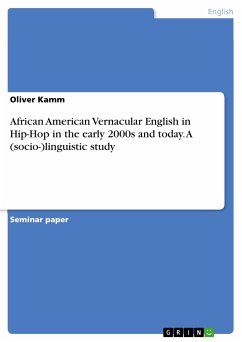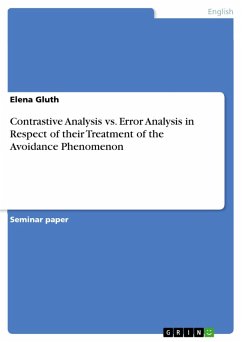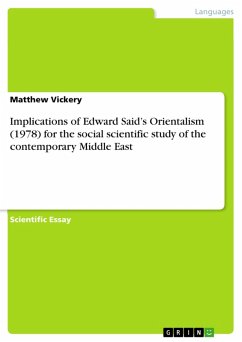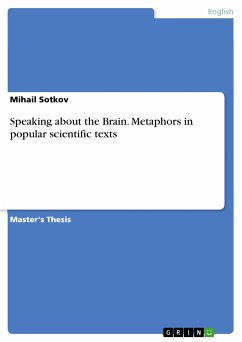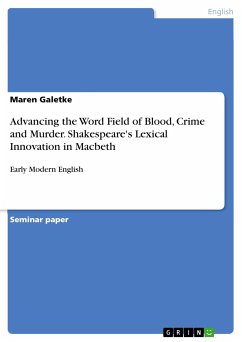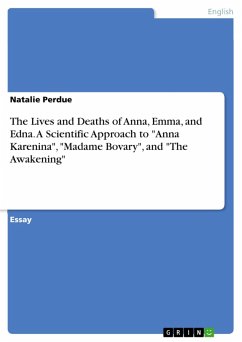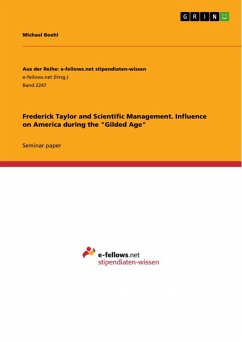Seminar paper from the year 2022 in the subject English Language and Literature Studies - Linguistics, grade: Bestanden, University of Würzburg (Neuphilologisches Institut), course: Language Contact in the History of English, language: English, abstract: The Latin language gained a prominent position in Europe with the rise of the Roman Empire, of which it was the official language. Even after the fall of Rome, it continued to enjoy great popularity among the more elevated populations of Europe and beyond. Thus, even the educated of the Middle Ages spoke and, more importantly, wrote in Latin, and so it was at the time of the founding of England in 927 and the subsequent rise of the English language. Latin has remained the language of science to this day. Thus, in almost every university field, one finds technical terms that are mostly of Latin or Greek origin or a mixture of both languages. In addition, Latin terms are used as stylistic devices. Accordingly, medicine also has numerous Latin technical words, a significant number of which are likely to have achieved a high degree of recognition due to the highlighted importance of this science. For this reason, it makes sense to examine medical writings more closely for Latin words. A distinction should be made between technical words, for which there is often no equivalent of Germanic origin, and Latin stylistic devices. After collecting these terms and examining them more closely, the aim of this study is to find out whether there has been a decrease in the use of such literary stylistic devices over this 220-year period and whether the number of Latin technical terms has increased or whether no such development can be detected.
Dieser Download kann aus rechtlichen Gründen nur mit Rechnungsadresse in A, B, BG, CY, CZ, D, DK, EW, E, FIN, F, GR, HR, H, IRL, I, LT, L, LR, M, NL, PL, P, R, S, SLO, SK ausgeliefert werden.



